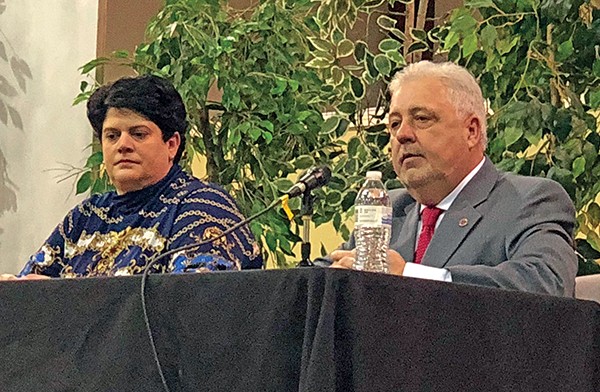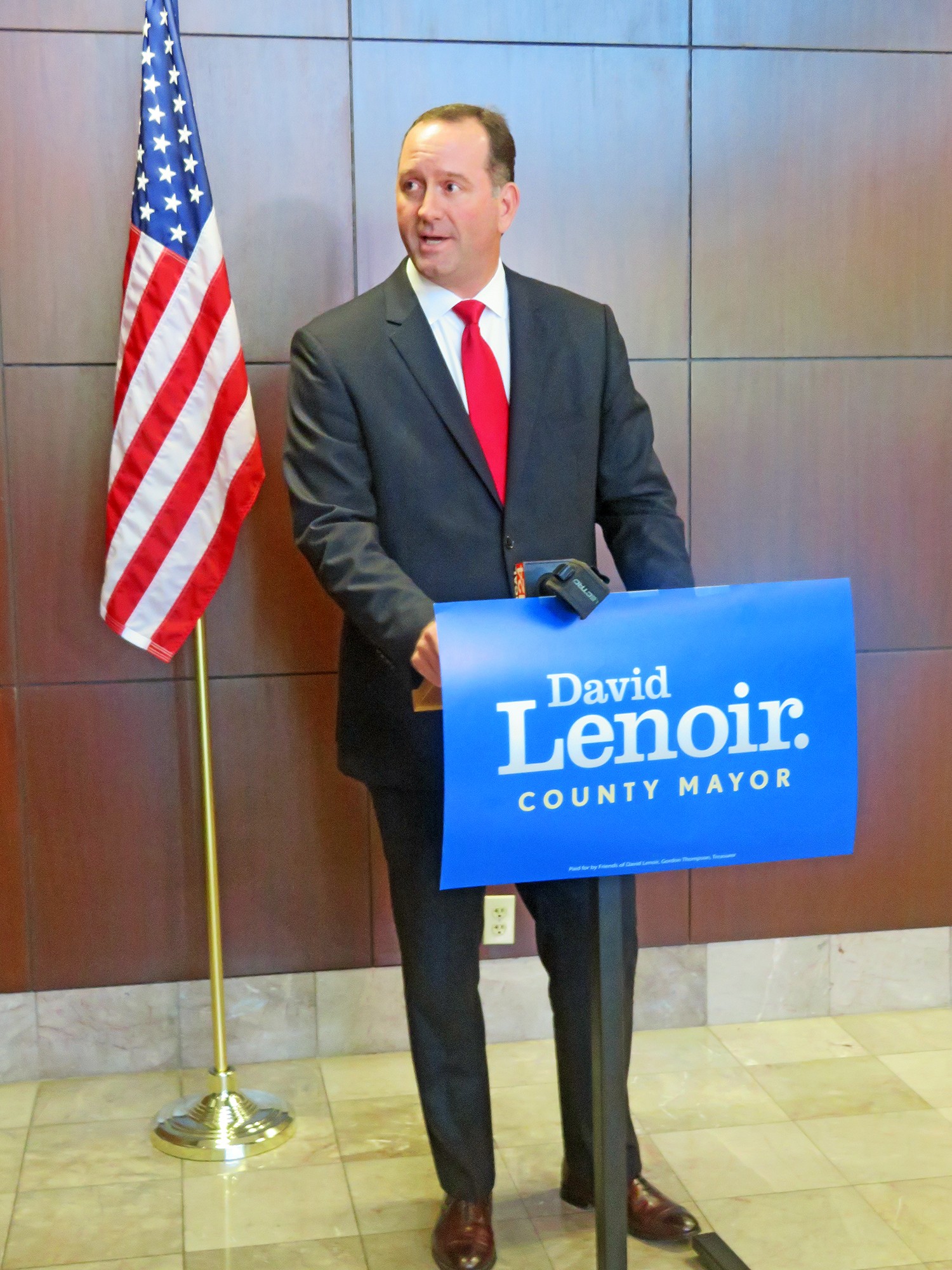The weeds keep multiplying in our garden, which is our mind ruled by fear. Rip them out and call them by name. — Sylvia Browne
It was quite a week in Nashville. The biggest news out of the capital city was the horrific mass shooting that took place in a local Waffle House and resulted in the tragic deaths of four young people: Taurean C. Sanderlin, 29; Joe R. Perez, 20; DeEbony Groves, 21; and Akilah Dasilva, 23. All four were people of color; most of them were in college.
The shooter, whose name will not be mentioned here, was a fan of white supremacist “philosophy” and right-wing politics and did the killing with — what else? — an AR-15 assault rifle.
Same story, new town. God bless America. God shed his grace on thee.
The most compelling part of this terrible incident was the bravery displayed by James Shaw Jr., the young man who jumped the assailant while he was reloading and wrestled his weapon away from him. In this case, a good man who was unarmed stopped a bad man with a gun.
President Trump and the NRA quickly issued statements praising Shaw and his courageous actions.
No, they didn’t. Trump didn’t mention the incident, probably because it involved black victims, a black hero, and didn’t fit a narrative that appeals to his base. Or maybe he was distracted by his legal troubles or maybe because it wasn’t on Fox and Friends. Hard to tell.
The NRA’s response was the usual: If others in the Waffle House had had guns, they could have stopped the shooter, because the more guns we have, the safer we all are. They failed to acknowledge the fact that if the shooter had had a larger magazine, which the NRA favors, he wouldn’t have had to reload and could have kept killing until he felt like stopping.
Meanwhile, the Tennessee legislature was wrapping up its annual session this week. It was the usual GOP ideological shenanigans, leavened with a couple of sensible moves. They passed a motion to build a monument to “unborn children” on the state capitol grounds. This, of course, in the wake of last week’s measure to strip $250,000 from funds that were to be allocated to Memphis for its bicentennial celebration. It was a vindictive move, meant to punish the city for removing two Confederate statues from city parks, because small government means the state controls everything. Especially statues.
On the plus side, the legislature voted to honor Shaw for his brave actions at the Waffle House with a resolution filled with the usual “whereas” clauses. It was a nice gesture, even if it was boiler-plate. The legislators avoided actually doing anything meaningful by refusing to allow out of committee a proposed bill to close the loophole exploited by the Waffle House murderer’s father in giving his son weapons back that had been confiscated from him in another state.
The legislators also passed a motion that will allow Tennesseeans to vote in 2022 to remove slavery as a possible punishment for criminal activity. Yes, you read that right: Using slavery as a punishment is still legal in Tennessee. Not likely, admittedly, but legal.
Speaking of slavery and the Confederacy, I hope everyone read Jackson Baker’s report on the Flyer website about the debate last weekend between the GOP candidates for the office of Shelby County mayor. All three candidates expressed support for the state legislature’s move to strip $250,000 from the city of Memphis for taking down its confederate statues. That’s right. They liked the idea of the state controlling statues in Memphis-owned parks. And they all want to be your county mayor, so you should remember their names: Terry Roland, Joy Touliatos, and David Lenoir.
And you should remember whose side they’re really on when you enter the voting booth. I mean, as long we’re naming names.


 JB
JB 

 JB
JB